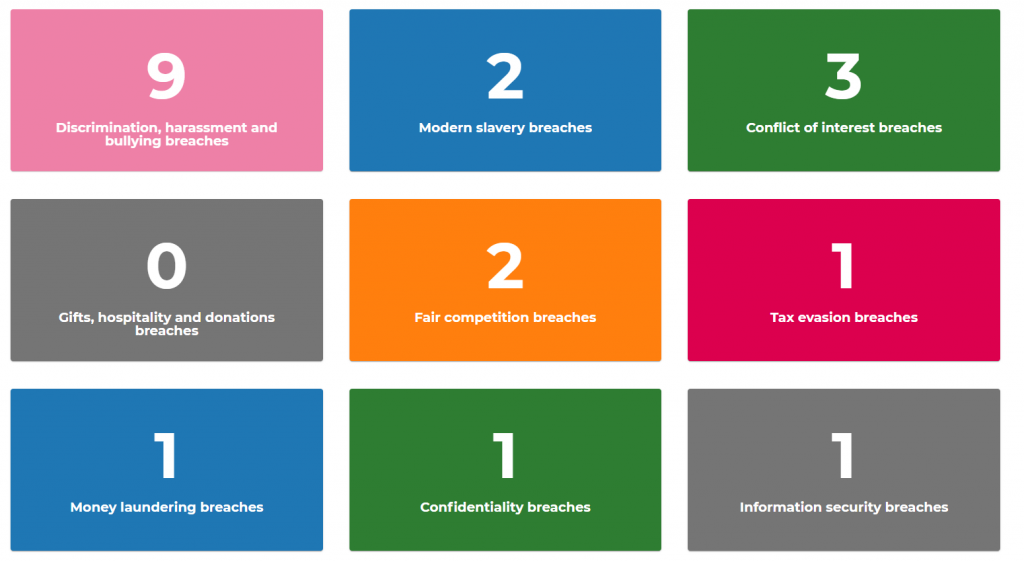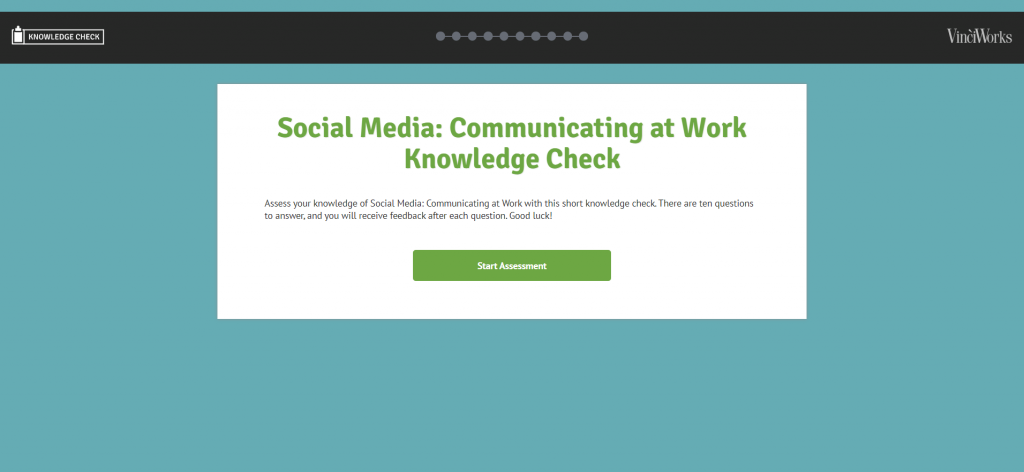The complications of declarations
Many organisations collect data from employees for compliance and regulatory purposes on a regular basis, but current processes and tools have major shortcomings. With current processes, it’s hard to track who has and hasn’t filled out forms, challenging to keep track of forms, especially in large firms, and regarding annual forms or declarations, it’s annoying to have to keep filling out the form again and again, when 95% of the data stays the same.
Our guide to Annual Declarations

If you are feeling confused about what the best way is to handle annual reporting, we’ve got your back. Our best practice guide to annual declarations tracking is based on our study of the process at tens of firms. The guide introduces readers to Omnitrack’s Annual Compliance Declaration Tracker, which allows compliance managers to easily get all staff on board with annual declarations, ensuring your organisation stays on top of its requirements. Key features of our tracker that are
Click here to access our best practice guide to annual declarations tracking.


